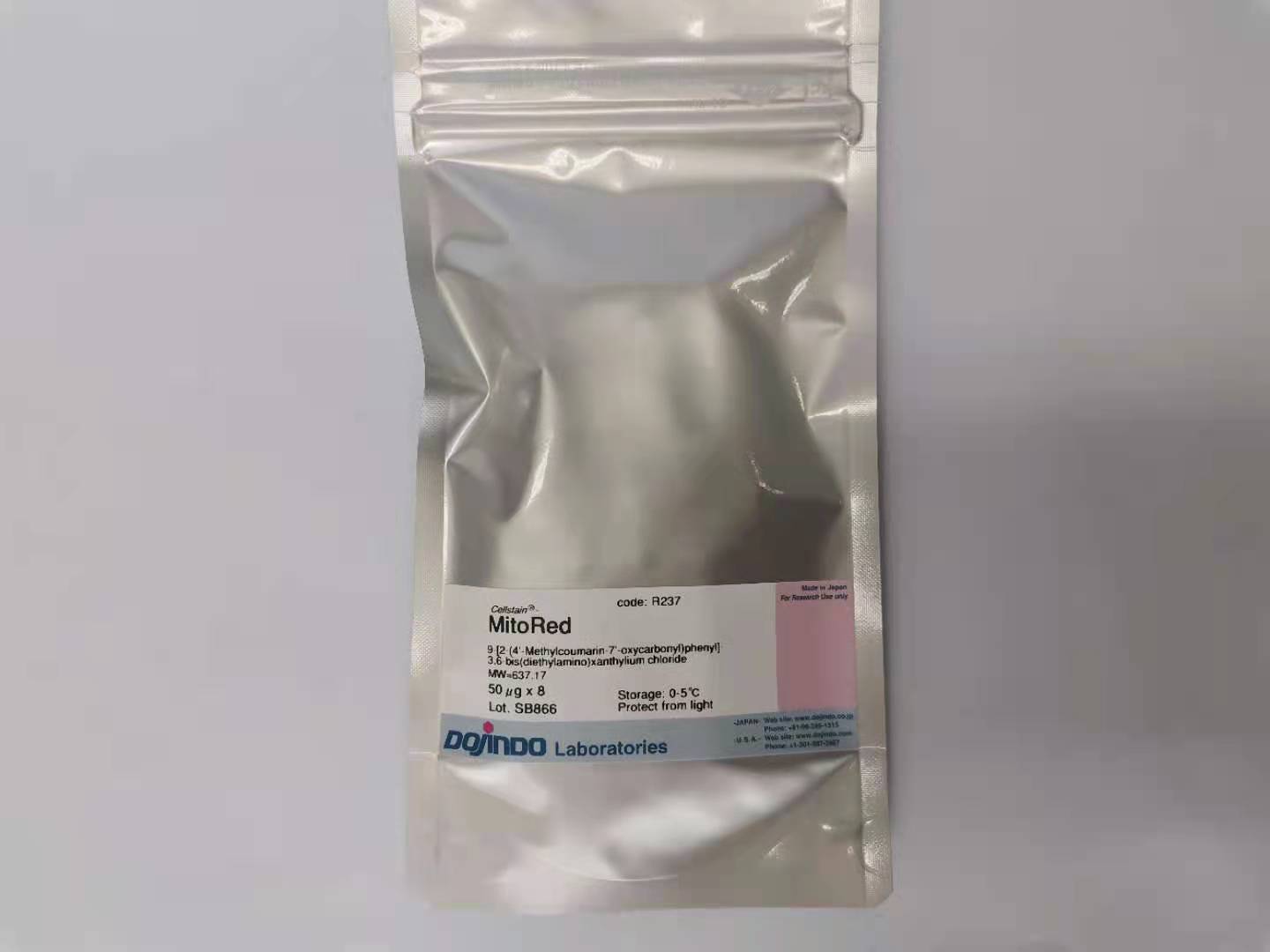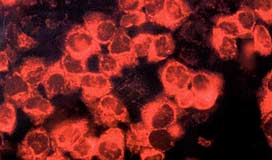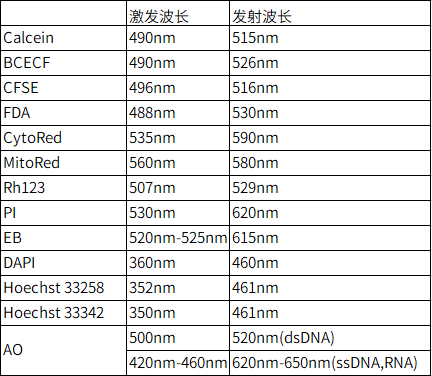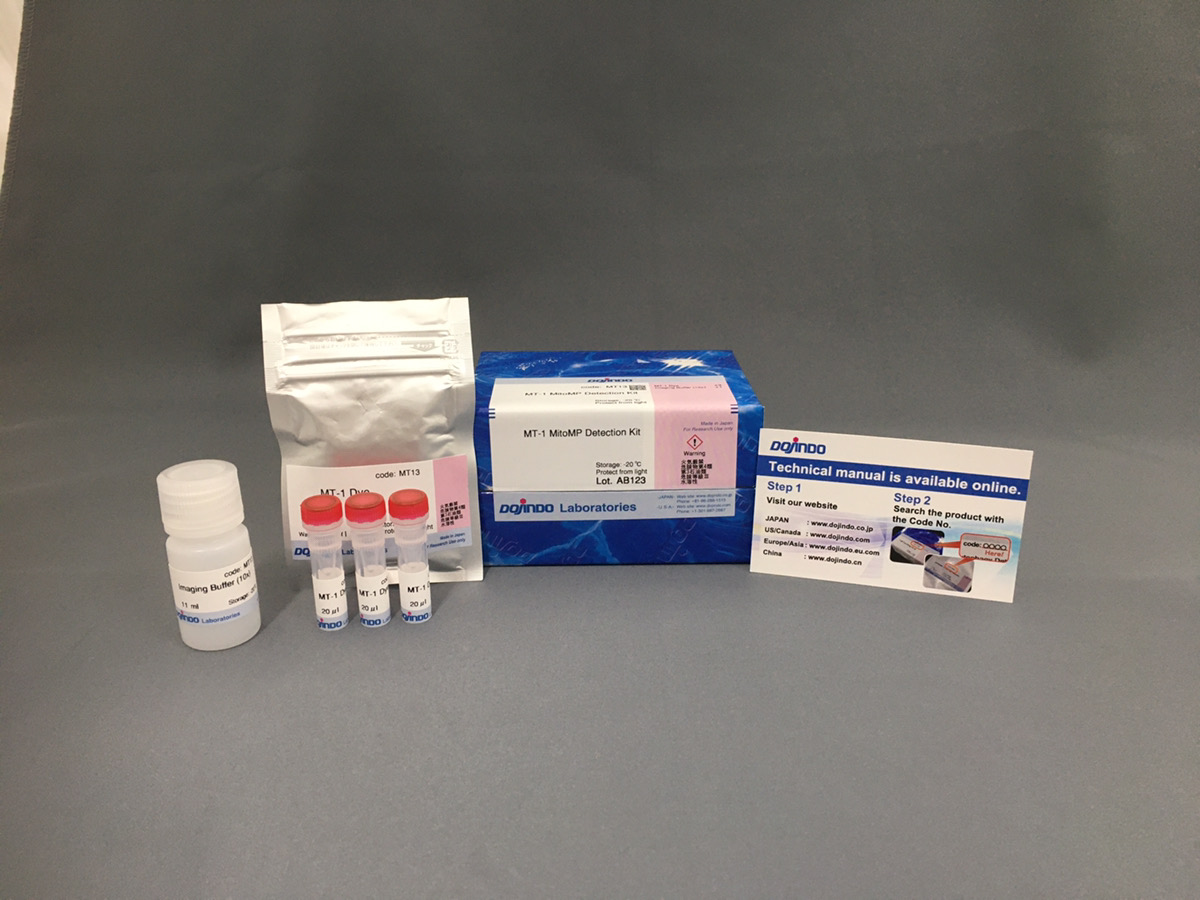11R-VIVIT;
11R-VIVIT 是一种活化 T 细胞的细胞通透性核因子 (NFAT) 抑制剂。11R-VIVIT 可用于足细胞和糖尿病肾病的研究。

11R-VIVIT Chemical Structure
CAS No. : 592517-80-1
| 规格 | 是否有货 | ||
|---|---|---|---|
| 1 mg | 询价 |
* Please select Quantity before adding items.
| 生物活性 |
11R-VIVIT is a cell-permeable nuclear factor of activated T cells (NFAT) inhibitor. 11R-VIVIT can be used for the research of podocyte and diabetic nephropathy[1]. |
IC50 Target |
NFAT[1] |
|---|---|
| 体外研究 (In Vitro) |
11R-VIVIT (100 nM) shows a significant reduction of NFAT2 expression in high glucose treated podocytes compared to podocytes treated with normal glucose. 11R-VIVIT attenuates high glucose induced filtration barrier dysfunction of podocytes[1]. MCE has not independently confirmed the accuracy of these methods. They are for reference only. |
| 体内研究 (In Vivo) |
11R-VIVIT significantly abrogates the increased urinary albumin excretion rates, attenuates glomerular basement membrane (GBM) thickening and podocyte foot process effacement, partially restores podocyte number, inhibits NFAT2 activation and uPAR expression in glomerular podocytes[1]. MCE has not independently confirmed the accuracy of these methods. They are for reference only. |
| 分子量 |
3573.15 |
| Formula |
C147H259N67O36S |
| CAS 号 |
592517-80-1 |
| Sequence Shortening |
RRRRRRRRRRRGGGMAGPHPVIVITGPHEE |
| 运输条件 |
Room temperature in continental US; may vary elsewhere. |
| 储存方式 |
Please store the product under the recommended conditions in the Certificate of Analysis. |
| 参考文献 |
|












